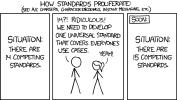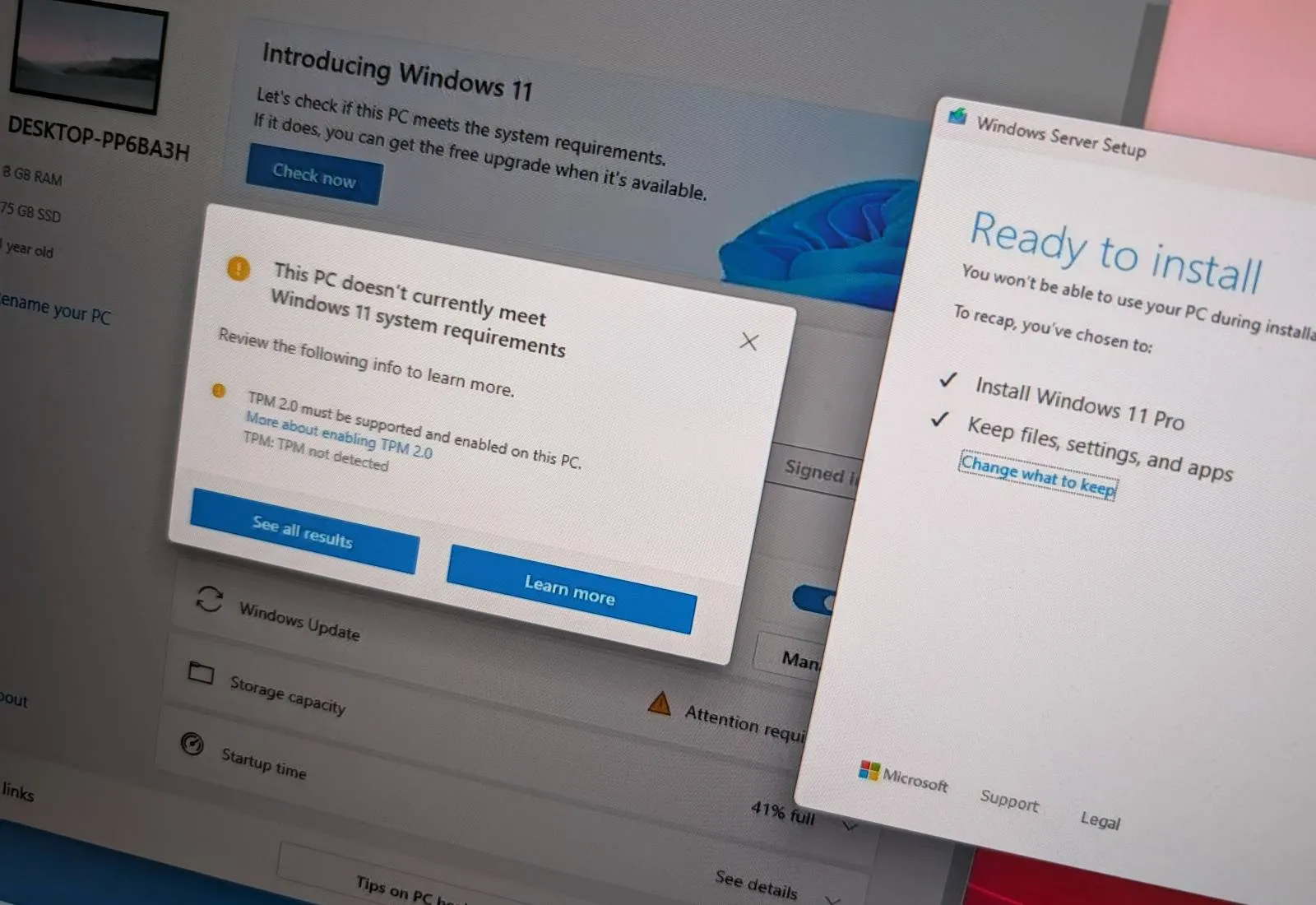This sort of stuff drives me up the wall...
I had 2 perfectly good ipads (the original versions) and after a while the operating system wouldn't update anymore... no problem, until I couldn't install the apps I needed because the OS was out of date...
Which was also fine until the existing apps stopped running, complaining that they were out of date and wouldn't run anymore until updated!
Literally turned $1000 worth of hardware into desktop paperweights.
My primary live rig runs off old Presonus StudioLive mixers (I have 2 16 channel with faders, and one RM32 without faders) and I have an old 2012 Macbook Pro that still has firewire. I don't let it connect to the internet, and Lord only knows how many generations behind it is on the OS, but it works, and it runs those mixers just fine gig after gig (it's worked for thousands of shows in the past 11 years.)
If any one piece of that system goes down (it'll likely be the computer), all of it becomes recycle-bin fodder and it's, again, thousands of dollars to replace it.
I have an old Windows 8.1 computer that runs the AAP webinars, and nothing else, that's all it does. It has Chrome on it so it can login to the webinarjam platform and run the webinars for the live sessions.
At some point webinarjam will need a new version of chrome in order to keep running, and I'll have to update to windows 10, and I guarantee something will fail in the process and it'll never work as well ever again (this is my experience.)
I currently have 2 newer ipads that haven't had an OS update in like, 7 versions, but they still do what I bought them to do, just nothing more. My ipad pro is still trucking, but at some point it'll need to be replaced too because it's the newest thing I have.
My video and audio computers are still on Windows 10, and I run tinywall so they don't update, ever, unless I say so. Recently I had to let them update because Studio One required it, now my Video machine crashes randomly and my audio machine takes 20 minutes to boot up.
I understand that technology marches on, but I'm on 3rd generation i7 machines and they still work just fine. The pace that hardware improves is light years faster than software development, which hasn't really improved in my lifetime, just gotten more prolific.
OK, rant over


 youtu.be
youtu.be




